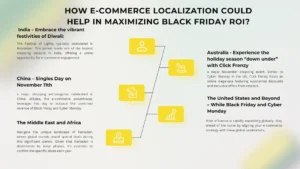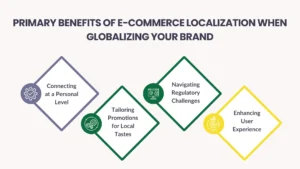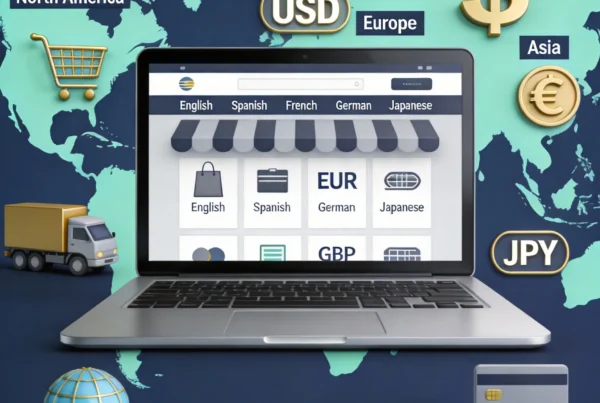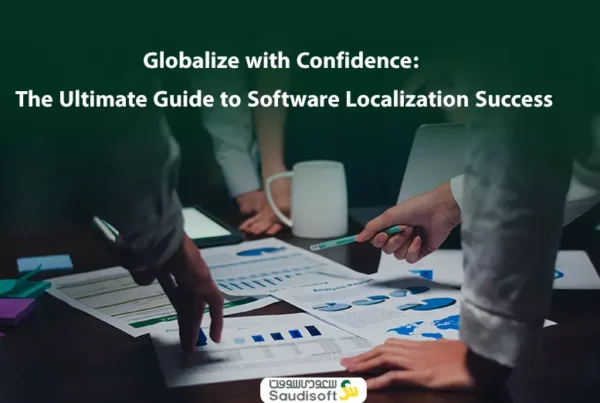E-commerce Localization: Expanding Your Global Reach
In today’s fast-paced world, e-commerce has become a daily need for everyone, no matter where you are.
When targeting global markets, every event and trend matters — especially major sales seasons like Black Friday.
That’s where e-commerce localization makes the difference.
The Role of E-commerce Localization in Global Campaigns
Localization means tailoring your message to match cultural, linguistic, and regional differences.
A Black Friday campaign that speaks your customer’s language and reflects their local traditions is much more engaging and persuasive.
This builds trust, credibility, and stronger emotional connections with your audience.
How Localization Boosts Black Friday ROI
 Far from being just an extra cost, localization is an investment. Adapting campaigns for local markets increases engagement and conversion rates.
Far from being just an extra cost, localization is an investment. Adapting campaigns for local markets increases engagement and conversion rates.
Customizing messages, branding, and even pricing can improve customer acquisition, brand awareness, and overall sales.
Key Global Shopping Events to Consider
- India – Diwali: A major shopping season celebrated in November.
- China – Singles Day (11/11): The biggest shopping festival worldwide.
- Middle East & Africa – Ramadan: Special promotions during the holy month.
- Australia – Click Frenzy: A November mega-sale event.
- Worldwide – Black Friday & Cyber Monday: Now celebrated in many countries including Spain, UK, Germany, Italy, and more.
Benefits of E-commerce Localization
 Personal Connection: Communicating in the local language builds trust and loyalty.
Personal Connection: Communicating in the local language builds trust and loyalty.- Customized Promotions: Tailor offers to match local preferences and shopping habits.
- Regulatory Compliance: Ensure your campaigns respect local laws and cultural norms.
- Better User Experience: A localized website feels natural, improving navigation and sales.
Conclusion
E-commerce localization is key to global success. From Black Friday to local festivals, adapting your campaigns to each market maximizes reach and ROI.
If you want your brand to grow internationally, localization is not optional — it’s essential.









